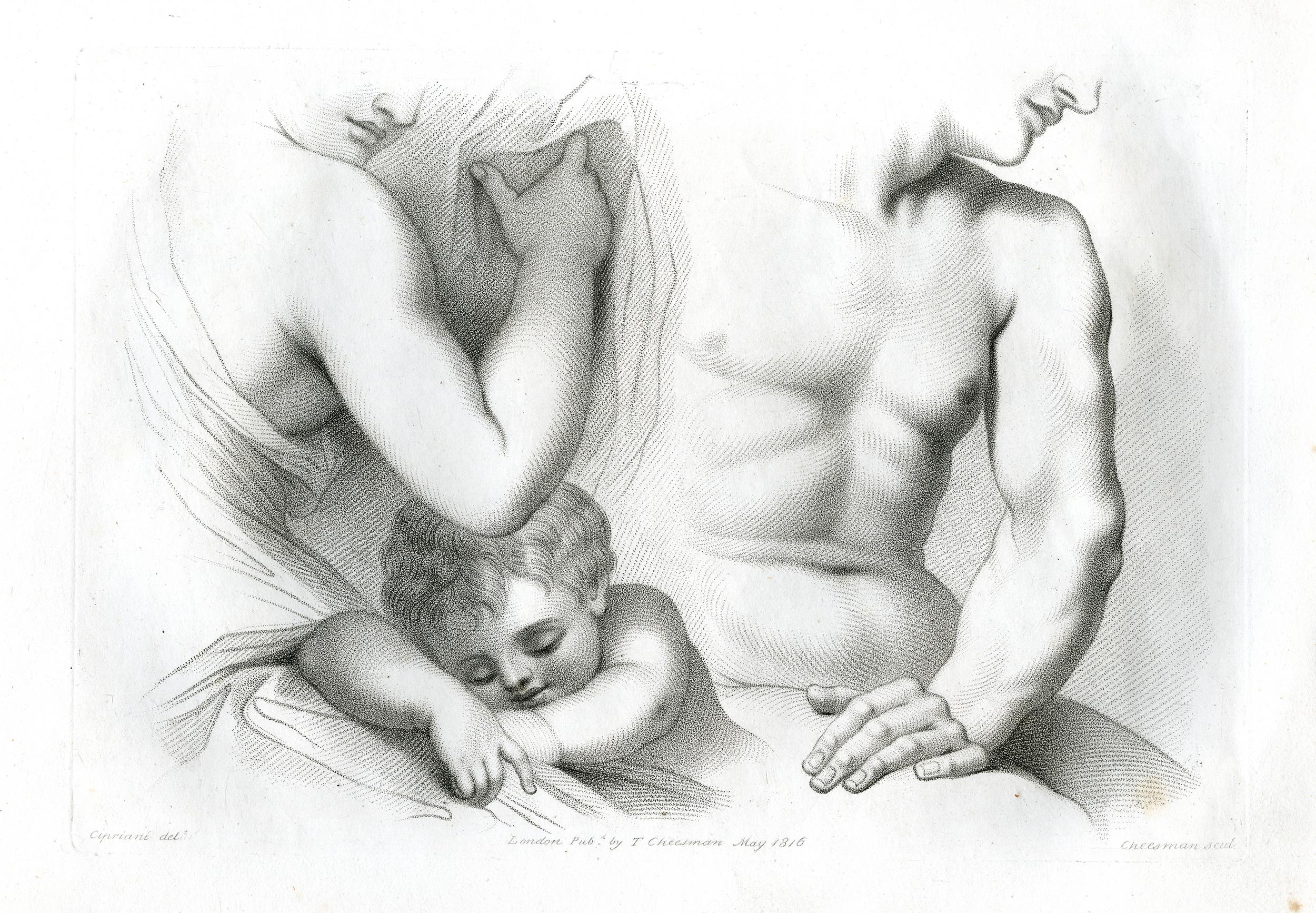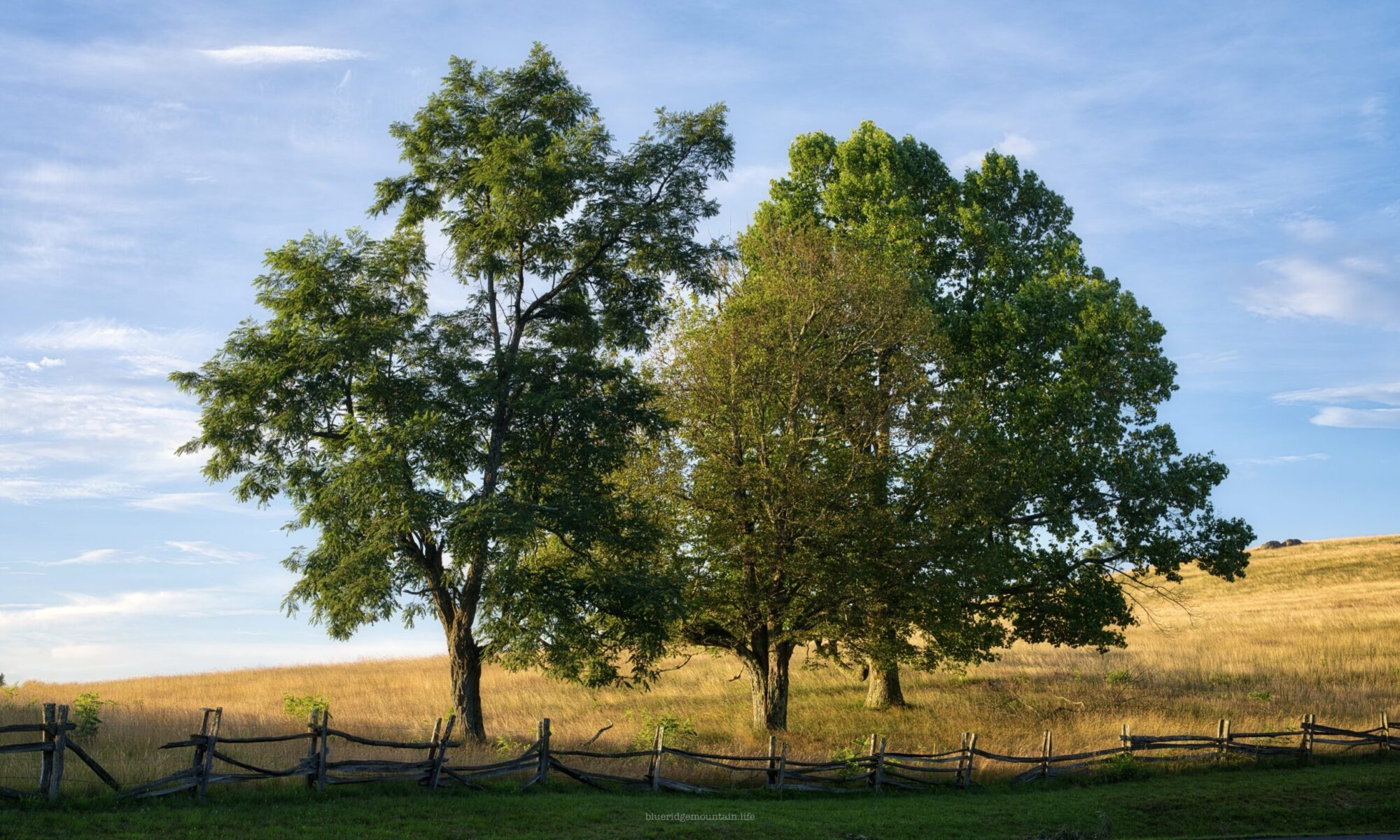Important article by Kat Rosenfield on the distinction between yesterday’s Conversion Therapy and today’s definition. Verbal sands are shifting. Entire linguistic territories are being appropriated.
A few grab graphs:
Eight years after Time magazine declared that we are living through a transgender tipping point, there’s a growing sense of unease in the US, that we might have tipped too far, too fast. The momentum of the movement has given way to unanswered questions and nagging doubts: about the long-term side effects of using puberty blockers off-label, about the revelation that patients who begin to transition as children are likely to experience infertility or sexual dysfunction, about the testimony of regretful transitioners who say they were rushed by a gung-ho medical establishment into lives, and bodies, that they didn’t really want.
Unlike in Britain, stories like this, horrifying to the average person, do not appear to have breached the consciousness of the American government. The Biden White House has enthusiastically taken up the cause of not just ensuring access to medical transition for children who identify as trans, but taking other treatment options off the table. Last week, the White House announced that Biden will sign an executive order which takes specific aim at “so-called ‘conversion therapy’ — a discredited and dangerous practice that seeks to suppress or change the sexual orientation or gender identity of LGBTQI+ people”.
Critics have already noted the error in lumping in conversion therapy practices in relation to sexual orientation — which were ineffective at best and barbaric at worst — with the type of therapy that aims to help patients find a measure of peace with the bodies they have; such concerns have already led to the exclusion of transgender people from a government ban on conversion therapy in England and Wales. In the US, it is not yet clear whether a doctor with a patient who presented with gender dysphoria and an eating disorder, for instance, would be guilty of practising “conversion therapy” if he tried to address the patient’s mental health issues before opening the door to puberty blockers, hormones, and gender reassignment surgery.
It’s not the job of a doctor to affirm your identity
Full Article Here [Standard link disclaimer1Links from this blog to online resources don’t necessarily mean I support everything found there. But as adults we should embrace viewpoint diversity. And make alliances where we can.].
Relevant previous posts….
I repeat what I said in an earlier post. Who is the Conversion Therapist?
Is it the one who is trying to help a person align their thoughts and feelings with the body they were given at birth or the professional who disregards the body and proposes irreversible radical surgeries combined with life-long hormone treatments in hopes of aligning the outer body with a patient’s inner desires?
Full post:
What about Christian therapists or counselors? Will they be allowed to continue to practice in the U.S. with a state approved medical license? Will the Christian Worldview and its anthropology be respected by licensing associations?
+++

(CC BY-NC-SA 4.0) license
Courtesy of the British Museum
Love Refuses to Affirm Confusion



